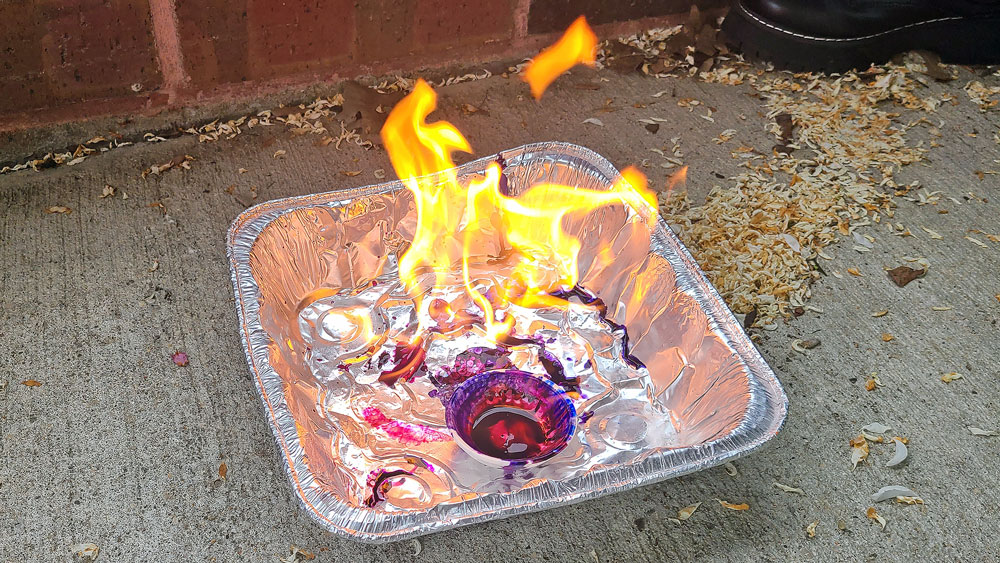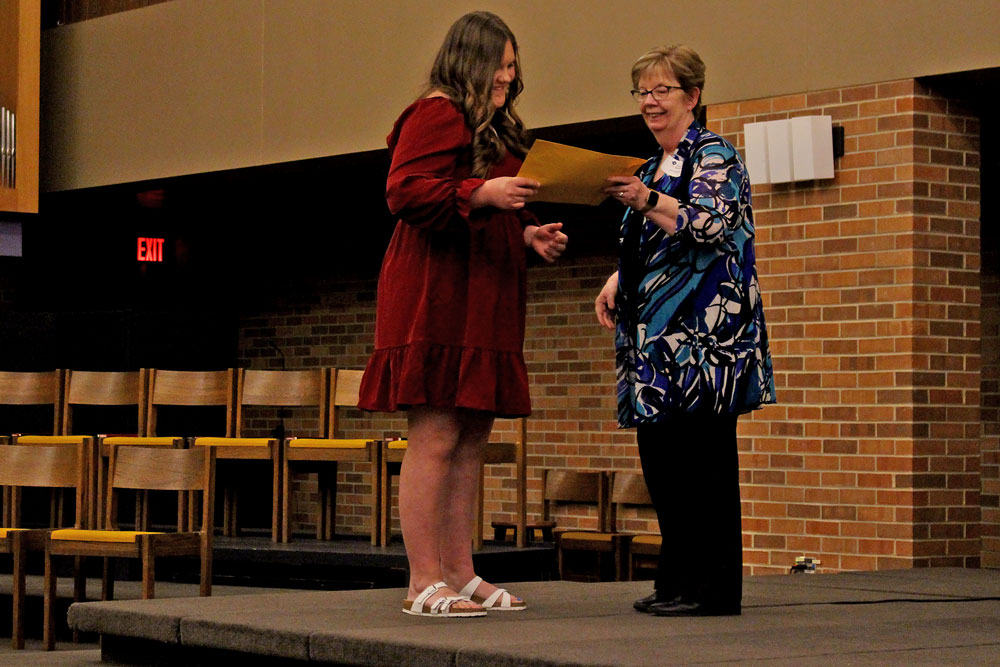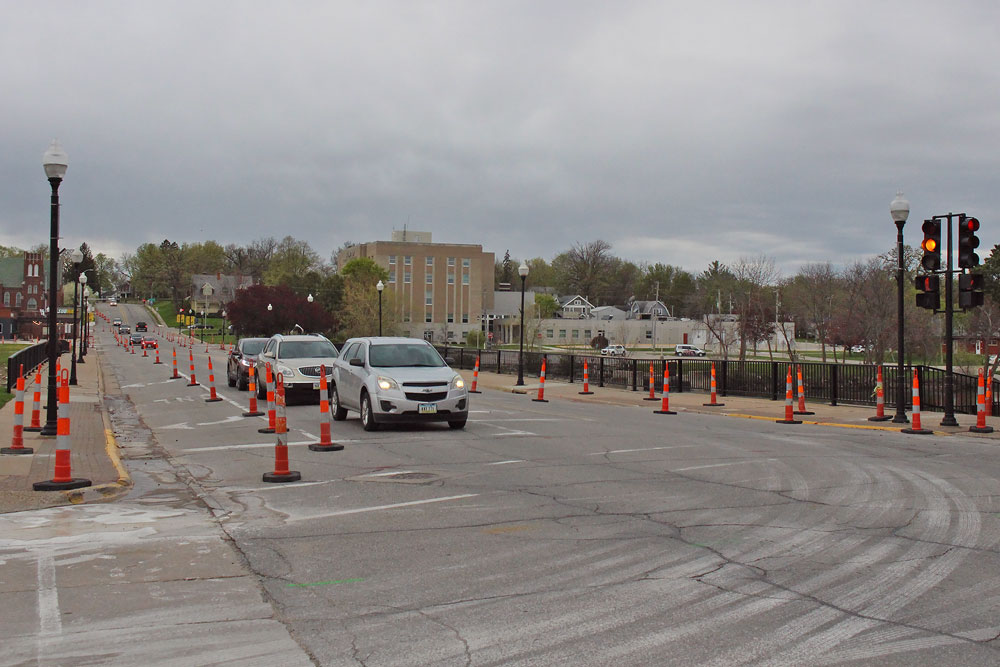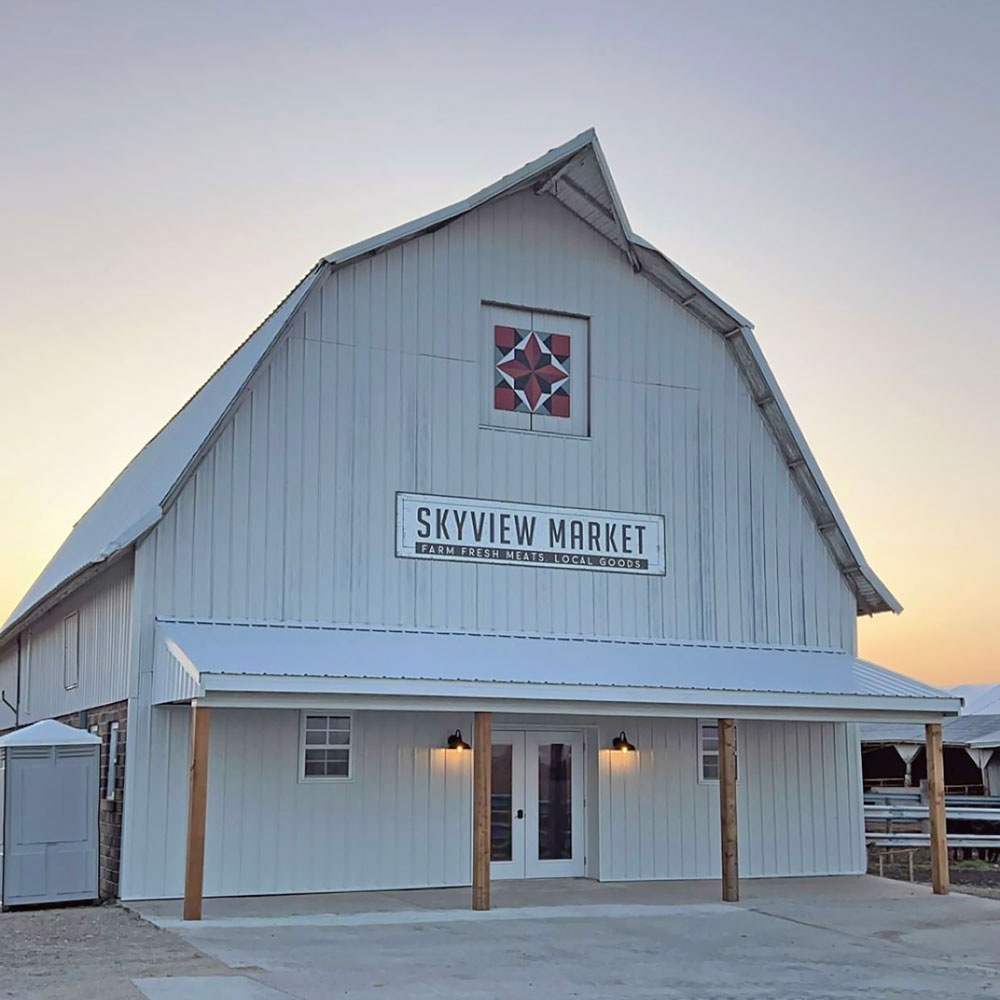Charles City school district pens first contract under new collective bargaining restrictions
By James Grob, jgrob@charlescitypress.com
Although none of those involved seemed thrilled to negotiate under the new state collective bargaining laws, the Charles City School District and the unions still came to a congenial agreement.
“Both sides probably feel like they lost a little of what they wanted, and both sides felt like they gained a little,” said Tyler Downing, lead negotiator for the teachers.
Downing said he thought the district was fair with the teachers overall, and the process wasn’t adversarial.
“It was a well-negotiated contract on both sides,” he said. “It was fairly similar to different years.”
The Board of Education approved collective bargaining agreements between the district and the Charles City Community Education Association (CCCEA) and the Charles City Community School District Educational Services Association (CCCSDESA) at the board’s regular meeting on Monday.
New state collective bargaining rules for many public employees limit negotiations to only base wages. Employers are no longer required to negotiate over such issues as health insurance, staff evaluation procedures, job transfer seniority and staff reduction criteria.
Last year, Charles City came to an agreement with the teachers just before those changes went into effect, so this was the first contract ratified under the new laws.
Even though school districts in Iowa are no longer required by law to do so, the Charles City school district still kept most of the items in the contract and up for negotiation. There are a handful of things now illegal to negotiate, then there is a list of things that are “permissive” — which means it is up to the district whether or not they want to negotiate.
“The process had gotten to be pretty good prior to last year’s changes,” said Charles City Superintendent Dan Cox. “This year was a little bit more challenging to get through.”
Downing is in his fourth year of negotiating on behalf of the teachers.
“I wouldn’t say it’s more difficult — it’s a new game, so I’m learning the ropes as far as what can and can’t be done,” he said. “We’re all learning what things the district is flexible with and what things the district is not.”
Cox said the district chose to negotiate some items in the contract, even though it wasn’t required.
Insurance is the biggest issue that can no longer be bargained for or discussed, and the district did make a small change there.
Charles City staff will now have 5 percent co-insurance, so they will now pay a small amount when they visit the doctor, where they paid nothing before. The deductible is the same and the out-of pocket is the same. Cox said the district shared that change with the teachers, talked with staff about it and brought in an insurance specialist to go over the data.
Downing said that even though the teachers took a slight cut, the district was open and fair with the teachers regarding health insurance.
“They told us what the plan was, and they laid it out,” he said. “We have good insurance, and we’ll still have good insurance.”
The school district’s one-year agreement with the teacher’s group includes an increase of $100 on the base wage, plus step increases. The total salary increase in the settlement is 1.67 percent, or $119,256. The teachers had initially asked for a 3 percent increase in pay, while the district countered with an offer of 1.25 percent.
The school district also reached a one-year agreement with the support staff that includes an increase of eight cents on the base wage plus step increases. The total salary increase in the settlement is 1.66 percent, or $38,570. The CCSDESA had initially asked for a 3.4 percent increase in pay, while the school district initially offered 1.25 percent.
“We came to a good agreement,” said Robin Macomber, a school board member and part of the district’s negotiating team, at Monday’s board meeting, when the ratified contracts were approved. “We have a lot of work ahead of us.”
Downing said that one of the issues negotiated was “flextime.” Currently teachers have different options as to when they come into work and go home each day.
“That’s challenging when you’re trying to create opportunities for teachers to collaborate,” Cox said.
Teachers conceded to a one-start-time and one-end-time day.
“Some families like that option, but we just don’t have it anymore,” Downing said. “But things like personal and sick days, we kept them in the contract. They stayed in the way they were the previous year.”
The district also added an additional work day for new teachers, which the union agreed to.
“As a teacher, you don’t want to give up anything,” said Downing. “There were some smaller items we had to give up.”
Downing said that some school districts seem to be taking unfair advantage of the situation with the new collective bargaining rules, but Charles City isn’t one of those districts.
“Unfortunately, Cresco (Crestwood) up the road didn’t allow their teachers much,” he said. “On the other hand, New Hampton and Waverly left everything in the contract. Charles City was kind of in the middle.”
Cox said that a 1 percent increase in the state of Iowa’s funding of public schools is likely to be the “new normal” every year. He said that those budget constraints, coupled with the new collective bargaining standards, could make it difficult for school districts that aren’t able to find that happy medium.
“From the process part of it, it seems like it should be very simple to just get to a number,” he said. “But it’s the other things that also impact the ability to get to a number, such as the climate within the organization itself.”









Social Share